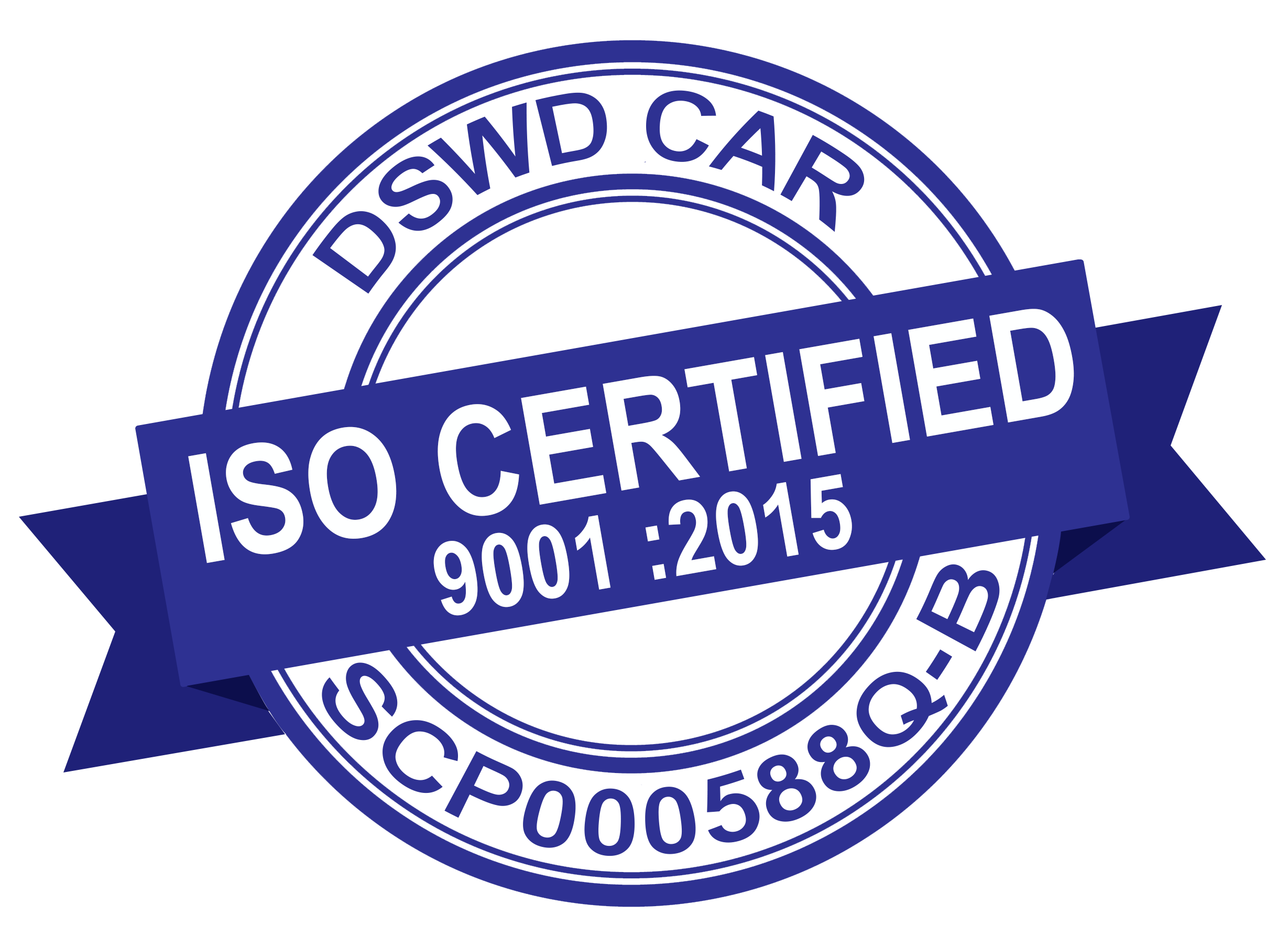The Department of Social Welfare and Development (DSWD) through the National Household Targeting System for Poverty Reduction (NHTS-PR) also known as Listahanan is now ready to share the updated regional database of poor households which was the result of the 2015 second round assessment.
The information included in the said database is now updated as of 31 December 2017.
After complying with the provisions of the Data Privacy Act of 2012 (DPA) or RA 10173, the National Privacy Commission (NPC) recently approved the data sharing guidelines of DSWD which contains the procedures in sharing data both to internal and external stakeholders.
Enumerated in the guidelines are requirements such as sufficient organizational, physical and technical security measures which prove the capability of the stakeholder to store and secure information.
Stakeholders who are interested to access the database should also provide a Data Protection Officer (DPO), Personal Information Processor, and Personal Information Controller as stipulated in the memorandum of agreement required by the DPA for sharing of personal information. However, only a letter is needed in requesting for sharing of statistics generated from the Listahanan 2 database.
Data available for requests includes statistics on poor households and their characteristics such as housing conditions and materials, access to basic government services, health and sanitation, and ownership of basic household assets. Also in the database are information on sectors which includes poor children, youth, women, senior citizens, and Indigenous Peoples.
Although the purpose of the Listahanan is to target possible beneficiaries of social protection programs and services, the data users should first employ validation of said data before using. It should be noted that the database is based on the 2015 household assessment, the latest to date, which means some information may have changed due to family and community dynamics.
Another consideration is the fact that not all households were assessed for various reasons such as No Qualified Respondent, vacant, or refusal to be assessed. There is also a possibility that households in urban areas that are not in the identified areas of pockets of poverty were not assessed. Based on assessment guidelines, only areas of pockets of poverty as identified by the local officials will be assessed.
To date, the Listahanan has oriented three provinces which includes Ifugao, Kalinga, and Mt. Province and two Civil Society Organizations.
Regional Director Janet P. Armas encourage all Local Government Units to use the Listahanan or the database of poor households in planning their policy development, and in crafting their programs, projects and activities.
“Listahanan is crucial as it contains vital information that will help stakeholders in targeting poor families. With the aid of Listahanan, service delivery will now be more effective as the client beneficiaries are already identified. It also allows the government to focus its resources to those who really need it the most.” she said.
Listahanan, aside from serving as a database or source of information, also empowers families by giving them the right to know that they were identified using a scientific process and this entails their right to be served by the government.
Inquiries regarding Listahanan and the data sharing process may be directed to the DSWD Field Office – CAR at #40 North Drive, Baguio City or through (074) 446-59-61. Interested individuals or groups may access Memorandum Circular No. 12 s. 2017 or the guidelines in sharing the data generated from Listahanan 2 at www.car.dswd.gov.ph. #DSWD-CAR, SOCIAL MARKETING UNIT, Mark Erik King D. Guanzon with Theodore Bilagot Solang




